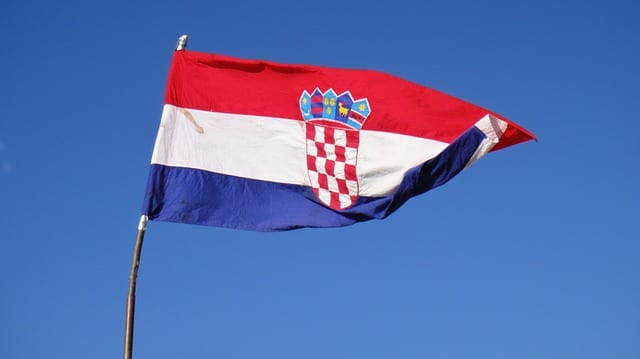EUROMAT has accused Croatia of breaching European Union law by not consulting the European Commission.
The European Gambling and Amusement Federation (EUROMAT) has lodged an official complaint with the European Commission over recent changes to gambling regulations in Croatia.
According to EUROMAT, lawmakers in Croatia failed to notify the European Commission over amendments made to the country’s Gambling Act. This, the organisation said, was in breach of European Union (EU) law.
All EU member states are required to inform the European Commission about new draft laws or regulations that affect market access, provision of services, or impose mandatory technical requirements. This is to allow for any scrutiny from the commission.
Changes to the Gambling Act were outlined in March this year. They included mandatory player ID systems, limitations on the location and layout of gambling venues and a ban on online and social-media advertising. Croatia also introduced a new, central player self-exclusion register.
EUROMAT also said providing benefits from exemptions and regulatory privileges would create an “uneven playing field” that could harm certain areas of the market.
The organisation said as the European Commission was not notified of the changes, this constituted a breach of EU law. EUROMAT had previously warned it would seek action if the changes were implemented, while both the Croatian Gaming Association (HUPIS) and European Commission issued similar warnings over the proposed amendments.
“Such open disregard for established EU procedures raises serious concerns,” EUROMAT said. “What message does it send to other member states if one country can so blatantly and openly ignore rules that all others are expected to respect?”
Croatia ‘threatens legal certainty’ for gambling businesses.
EUROMAT President Jason Frost hit out at the Croatian government over the case. He said the formal complaint marks the first step in the EU’s legal process.
“Based on EUROMAT’s complaint, the European Commission will be able to assess the evidence and decide on the next steps, including whether to open infringement proceedings against Croatia,” Frost said.
“The notification procedure exists to ensure that national measures are compatible with the principles of the single market. Croatia’s decision to ignore this obligation not only breaches EU law; it also threatens legal certainty for businesses across Europe.
“The commission must act decisively to uphold the integrity of the internal market.”
HUPIS Secretary General Filip Jelavić also criticised the government’s approach to changing gambling law. He urged the European Commission to act to ensure “fair market conditions” are upheld in Croatia.
“The Croatian government has deliberately sidelined both stakeholders and EU institutions,” he said. “By failing to notify, it has prevented scrutiny of measures that fundamentally distort competition and harm different segments of the gaming sector.
“We urge the Commission to carefully assess EUROMAT’s complaint and intervene without delay to ensure that the rule of law and fair market conditions are upheld.”
